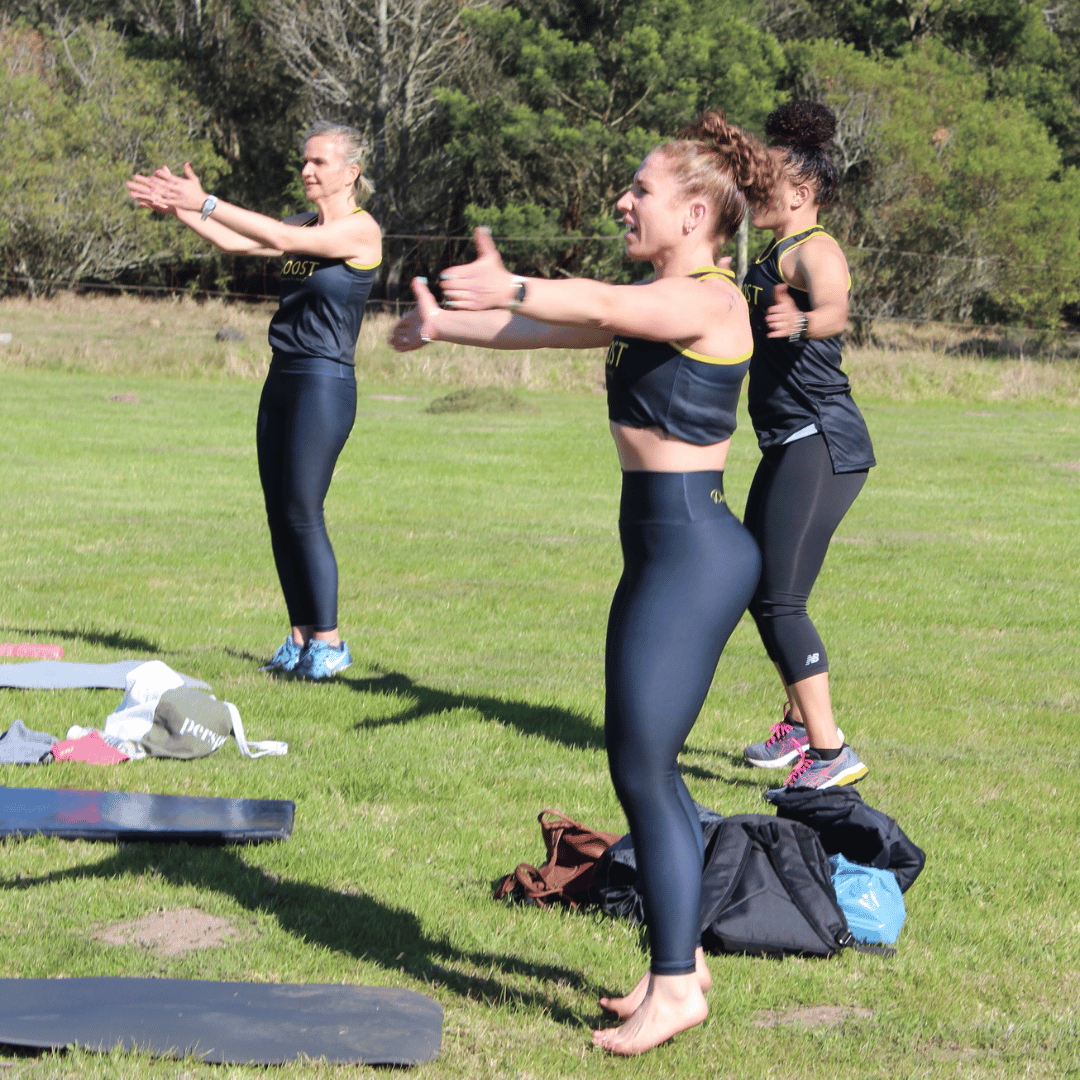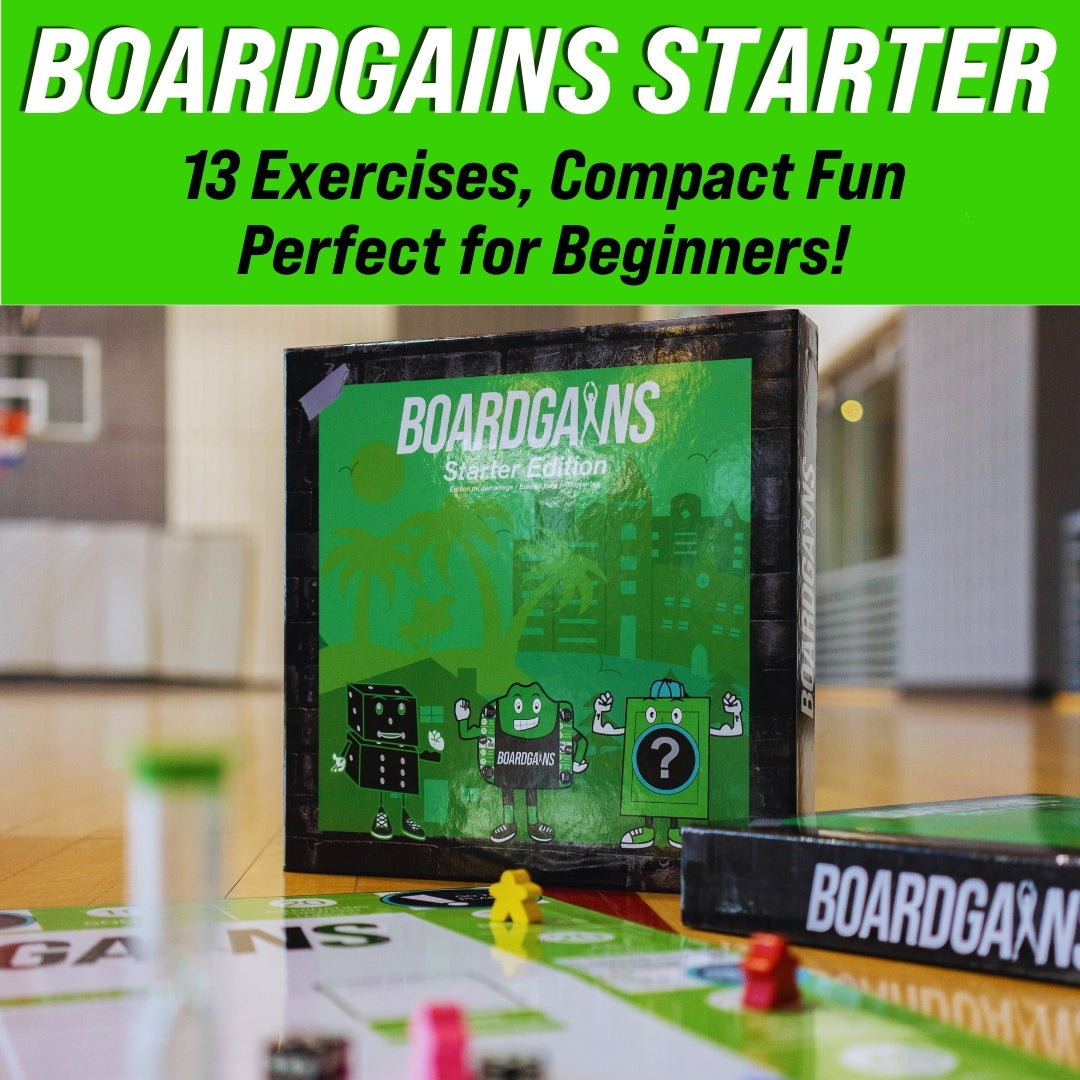The Power of Your Voice in the Fitness Industry
Your voice is a powerful tool that can make or break your success as a fitness instructor. As a fitness professional, your primary goal is to engage, motivate, and empower your clients. But how can you do that effectively? The answer lies in mastering the art of vocal communication.
Creating an Engaging Atmosphere
A strong and confident voice can create an atmosphere of energy and enthusiasm in your fitness classes. It can inspire your clients to push themselves, stay focused, and achieve their goals. Your voice is the key to setting the tone for the entire workout experience.
Building Client Relationships
As a fitness instructor, building strong relationships with your clients is crucial for your success. Through your voice, you can establish trust, convey empathy, and make your clients feel valued. By effectively communicating with your clients, you can foster long-lasting connections that keep them coming back for more.
Vocal Techniques for Fitness Instructors
Now that you understand the power of your voice in the fitness industry, it's time to learn how to harness it effectively.
Projection and Clarity
As a fitness instructor, you need to project your voice to be heard over loud music and ambient noise. To achieve this, practice speaking from your diaphragm, which allows you to produce a stronger and clearer sound. Enunciate your words clearly and avoid mumbling to ensure that your clients can understand your instructions.
Tone and Inflection
The tone and inflection of your voice can convey your emotions and attitude, so be mindful of how you're coming across. Adopt a positive, upbeat tone to motivate and encourage your clients. Use inflection to add variety and interest to your voice, helping to keep your clients engaged throughout the workout.
Pacing and Rhythm
Pacing refers to the speed at which you speak, while rhythm relates to the flow and pattern of your speech. To maintain your clients' interest, vary your pacing and rhythm throughout your instruction. Speak slowly and clearly when giving important instructions, and speed up to match the intensity of the workout during high-energy exercises.
Essential Elements of Effective Communication
Active Listening
Active listening is a critical skill for fitness instructors. It involves fully focusing on your clients, understanding their needs, and responding appropriately. By practicing active listening, you can create a supportive environment where your clients feel heard and respected.
Body Language
Non-verbal communication plays a significant role in conveying your message to your clients. Be aware of your body language, such as posture, facial expressions, and gestures. Use positive and open body language to create a welcoming and inclusive atmosphere in your classes.
Empathy and Emotional Intelligence
Empathy is the ability to understand and share the feelings of others. By demonstrating empathy and emotional intelligence, you can connect with your clients on a deeper level and create a supportive community in your classes. This will enhance their experience and increase their likelihood of achieving their fitness goals.
Overcoming Common Vocal Challenges
Vocal Fatigue and Strain
Fitness instructors often experience vocal fatigue and strain due to the constant demands of their job. To prevent this, avoid shouting and instead focus on projecting your voice using proper diaphragmatic breathing techniques. Additionally, make sure to give your voice adequate rest between classes.
Maintaining Vocal Health
To maintain your vocal health, stay hydrated, practice vocal warm-ups, and avoid smoking or consuming excessive amounts of caffeine and alcohol. If you experience persistent hoarseness or vocal discomfort, consult a medical professional or a vocal coach for guidance.
Harnessing the Power of Your Voice for Success
Practicing and Improving Your Skills
Like any other skill, mastering your vocal abilities takes practice and dedication. Regularly assess your vocal techniques and seek feedback from your clients, peers, or a vocal coach to identify areas for improvement. Continually working on your vocal skills will help you become a more effective fitness instructor.
Adapting to Different Audiences
Different clients have different needs, preferences, and communication styles. As a fitness instructor, it's essential to adapt your vocal approach to cater to various audiences. Be mindful of the age, fitness levels, and cultural backgrounds of your clients, and adjust your tone, pacing, and language accordingly.
Developing Your Unique Teaching Style
Your unique teaching style is what sets you apart from other fitness instructors. As you develop your vocal skills, be authentic and true to yourself. Embrace your personality and let it shine through in your voice. This will help you create memorable experiences for your clients and foster brand loyalty. By incorporating Boardgains into your fitness classes, you can further enhance these experiences, offering an innovative and interactive approach that complements your distinct teaching style and adds value for your clients.
Conclusion
In conclusion, your voice is an invaluable tool that can significantly impact your success as a fitness instructor. By mastering vocal techniques, practicing effective communication, overcoming vocal challenges, and harnessing the power of your voice, you can create engaging and empowering fitness experiences for your clients. Invest in developing your vocal abilities and watch your career as a fitness instructor flourish.
Frequently Asked Questions
-
How can I improve my vocal projection as a fitness instructor? To improve your vocal projection, practice speaking from your diaphragm and enunciate your words clearly. Avoid shouting and instead focus on using proper breathing techniques to project your voice.
-
What are some tips for maintaining vocal health as a fitness instructor? Stay hydrated, practice vocal warm-ups, avoid smoking, and limit your caffeine and alcohol consumption. Give your voice adequate rest between classes and consult a medical professional or vocal coach if you experience persistent vocal discomfort.
-
How can I develop my unique teaching style as a fitness instructor? Embrace your personality and let it shine through in your voice. Be authentic and true to yourself while continually working on your vocal skills. This will help you create memorable experiences for your clients and foster brand loyalty.
-
How can I adapt my vocal approach for different audiences? Be mindful of the age, fitness levels, and cultural backgrounds of your clients. Adjust your tone, pacing, and language accordingly to cater to various audiences and ensure that your communication is effective and inclusive.
- Why is empathy important for a fitness instructor? Empathy allows you to understand and share the feelings of your clients. By demonstrating empathy and emotional intelligence, you can create a supportive community in your classes, enhance your clients' experience, and increase their likelihood of achieving their fitness goals.










Leave a comment
This site is protected by hCaptcha and the hCaptcha Privacy Policy and Terms of Service apply.